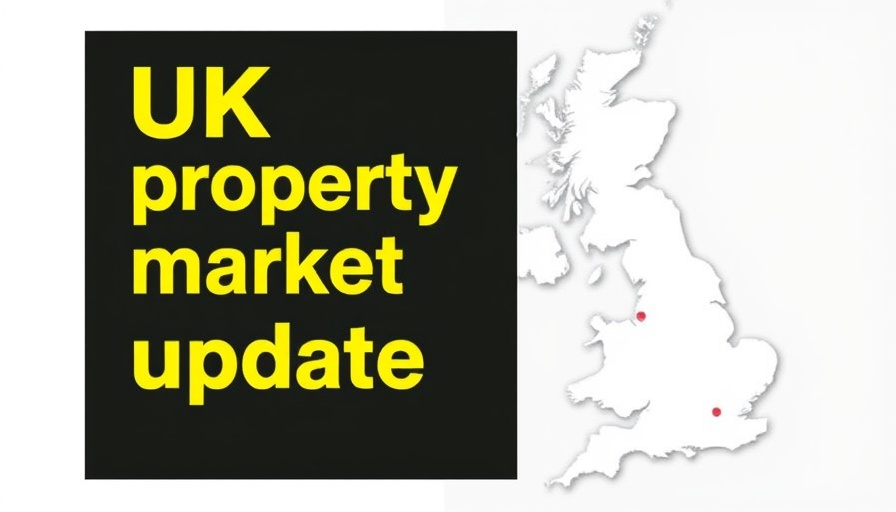
Understanding the Scope of Money Laundering in the UK Property Market
Money laundering through the UK property market has become a pressing issue with dire implications for homeownership and societal equity. According to SmartSearch, an anti-money laundering (AML) compliance firm, illicit funds are driving up property prices significantly—an average increase of £3,000 nationally and an astonishing £11,000 in London alone. These figures not only reflect the inflated housing market but also highlight a systemic vulnerability where criminal activities can flourish.
The Mechanics of Illicit Funds in Real Estate
Since 2016, over £11 billion in suspicious wealth has flowed into the UK property sector, primarily funneled through offshore shell companies established in British Overseas Territories. This practice has rendered more than 87,000 properties in England and Wales owned anonymously and worth more than £100 billion. In effect, this creates a facade of legitimacy that conceals the origins of these funds.
How Estate Agents Are Positioned to Combat Money Laundering
Estate agents are uniquely positioned on the frontline against money laundering, acting as the first line of defense. With their central role in property transactions, they are responsible for conducting due diligence to detect and prevent financial crime. Phil Cotter, CEO of SmartSearch, underscores this critical role: “If estate agents don’t take their anti-money laundering responsibilities seriously, the UK property market will remain a magnet for dirty money.”
Legal Obligations and Industry Findings
Alarmingly, many estate agents are not meeting their legal obligations under AML regulations. Recent data reveals that nearly 3,400 agents operate without appropriate oversight, and a staggering 56% of those who are AML-registered do not perform thorough verification checks on their clients. The consequences of this negligence are significant, allowing potential criminal activity to not only persist but escalate.
Counterarguments: The Pressures on Estate Agents
While the gravity of these findings is evident, it is essential to consider the pressures that estate agents face in a competitive market. Time constraints, cost considerations, and a lack of clear resources to navigate AML regulations can impair compliance efforts. However, it is crucial for agents to view these regulations not merely as burdens but protective measures leveraging their business against future legal and financial ramifications.
Moving Towards a Clearer Future
Looking ahead, a consolidated approach to AML requirements may be fundamental in shaping a more transparent and fair property market. By enhancing training, integrating modern verification technologies, and fostering collaboration with regulatory bodies, estate agents can fortify their defenses against money laundering. SmartSearch is committed to providing tools and insights to aid agents in this mission. As Cotter argues, “These regulations are a vital tool to stop criminals from distorting our market.”
Taking Action: The Role of Property Owners
Property owners and investors must be aware of these dynamics, as the market's integrity ultimately impacts their investments. Engaging with AML-compliant agents and advocating for stricter regulations can help cultivate a healthier real estate environment. The onus of responsibility lies not only with agents but also with buyers and investors who must demand greater transparency.
To protect your interests in the property market, prioritize discussing AML compliance with your real estate transactions. By being proactive, you not only safeguard your assets but contribute to a more accountable industry.
 Add Row
Add Row  Add
Add 





Write A Comment